Automakers plot pure electric paths
- PostedPublished 11 September 2021
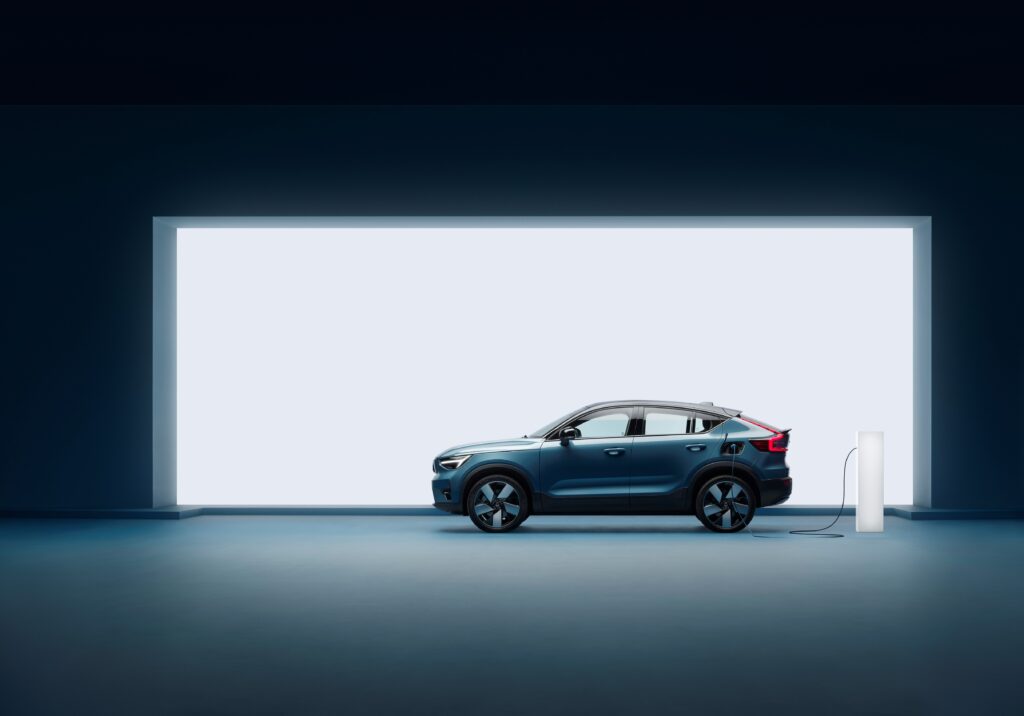
Several major car manufacturers could be all-electric sooner than you think
The automotive landscape is changing at a terrific rate, as evidenced by myriad manufacturers announcing their upcoming switch to electric power.
Numerous reasons are prompting the changeover, including heightened customer demand for electric vehicles, but some manufacturers have more pressing matters at hand.
Those that rely significantly on the European market, for example, are facing increasingly challenging emissions targets – and, if they fail to comply, the penalties are significant.
Consequently, several major manufacturers have recently announced their plans to abandon conventional internal combustion engines entirely in the comparatively near future.
Volvo, as a case in point, has stated that it aims to be a fully electric car company by 2030. No petrol cars, no diesel cars, no plug-in hybrids, or hybrids of any sort; if all goes to plan, every Volvo will be pure electric by that date.
The move will also significantly contribute to the company’s efforts to reduce its overall climate impact. Volvo further recognises that ever-improving charging infrastructure, and increasing public acceptance and approval of electric cars, will cause the popularity of electric vehicles to rise – so action need to be taken now to prepare for the increasingly electrified future.
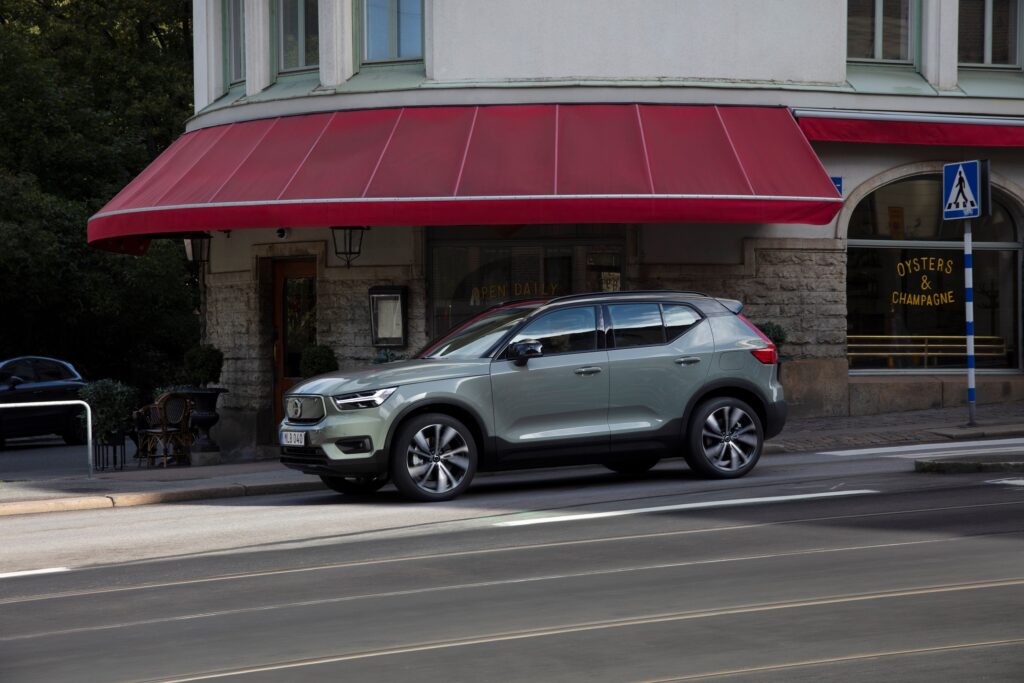
The company took its first all-electric step by launching its first zero-emissions production car, the XC40 Recharge Pure Electric P8, in 2020 and has also just announced another, called the C40 Recharge, which was the first Volvo designed solely as an electric vehicle.
A completely new family of electric cars is planned, too, and will be launched in the near future. Significantly, these cars will only be offered via online sales channels that will reputedly be uncomplicated, transparent and easy to use.
“To remain successful, we need profitable growth,” said Håkan Samuelsson, chief executive of Volvo.
“So instead of investing in a shrinking business, we choose to invest in the future – electric and online.”
Ford Europe has similarly earmarked 2030 as the year in which its entire passenger vehicle line-up will be pure electric, following news that Ford will globally invest $22 billion ($A29 billion) in electric technologies through to 2025.
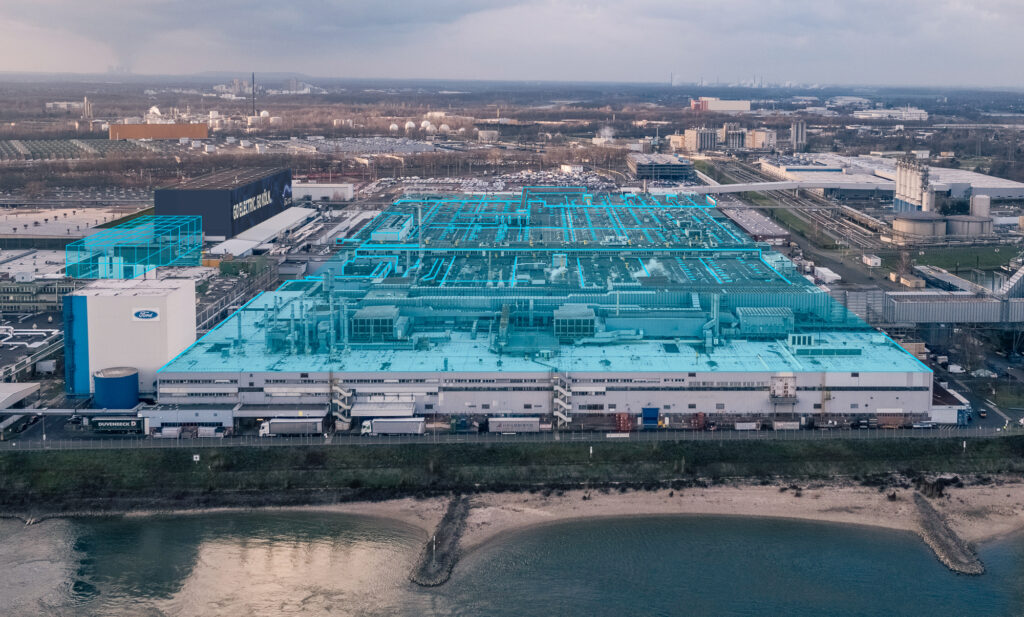
Jim Farley, Ford president and CEO, said: “We are accelerating all our plans – breaking constraints, increasing battery capacity, improving costs and getting more electric vehicles into our product cycle plan.”
Ford Europe also expects that, by 2030, all-electric vehicles and plug-in hybrids will account for two thirds of its commercial vehicles sales.
A $A1.3 billion overhaul of the company’s vehicle assembly plant in Cologne, Germany, will spearhead the electric changeover.
The plant will become the first Ford electric vehicle production facility in Europe and, in 2023, volume production of an all-electric passenger vehicle is due to commence.
Luxury manufacturer Jaguar is set to become a pure electric brand by 2025, too, while the first all-electric Land Rover is due in 2024. Jaguar Land Rover, in its entirety, additionally plans to achieve net zero carbon emissions across its operations by 2039.

Such lofty targets are not only being considered by manufacturers with significant stakes in Europe, though. General Motors (GM), for example, revealed in January that it aims to become carbon neutral by 2040.
To achieve this, GM plans to introduce 30 all-electric models globally by 2025.
By the end of the same year, it also expects some 40 per cent of its U.S.-market range to consist of electric vehicles. The company will increase the use of renewable energies, too, and utilise carbon offsets and credits to further help it meet its targets.
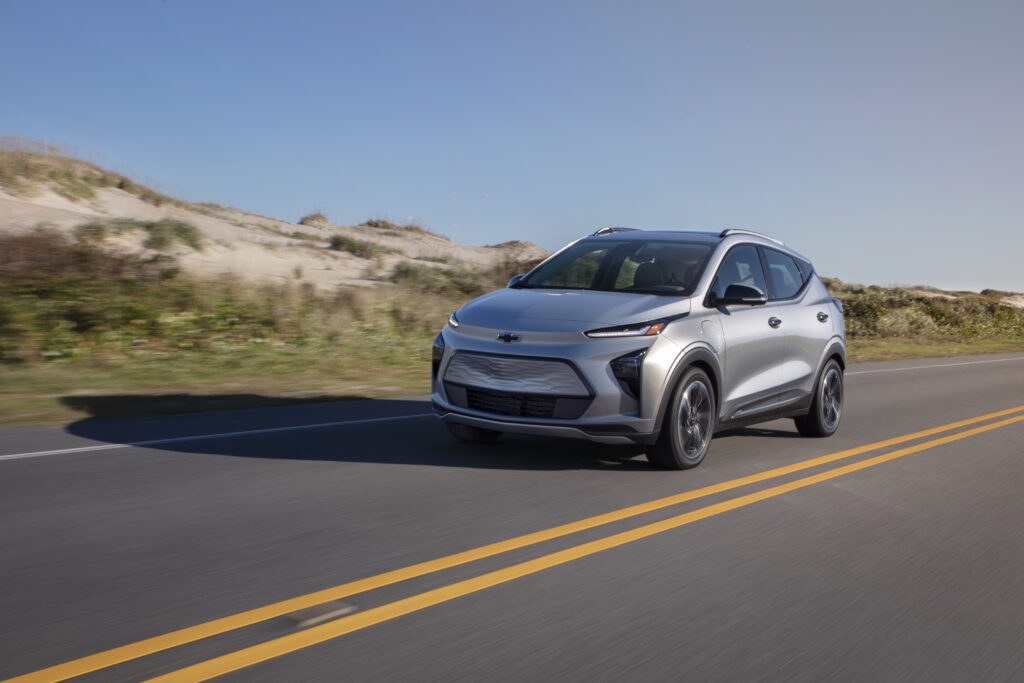
“General Motors is joining governments and companies around the globe working to establish a safer, greener and better world,” said GM chair and CEO Mary Barra.
“We encourage others to follow suit and make a significant impact on our industry and on the economy as a whole.”
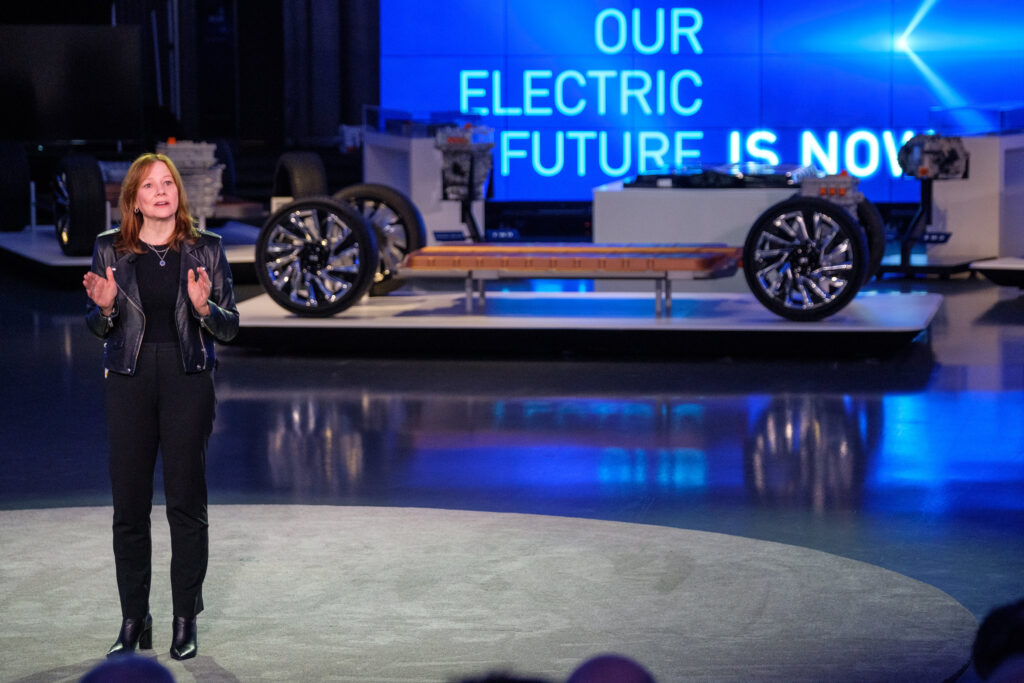
- CategoriesIn SightGlass
- TagsSightglass News Issue 23

